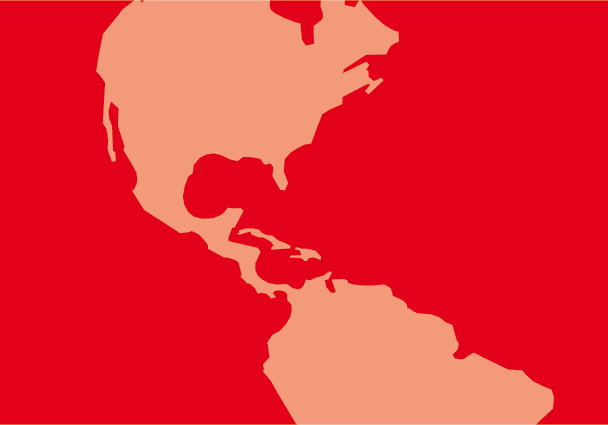The ICJ said today that a new demobilization law adopted by the Colombian Congress will perpetuate impunity for grave crimes committed in the conflict in Colombia.
“The Government says that the Justice and Peace law will help it demobilize and reintegrate into society paramilitaries from the United Self-Defence Groups (AUC)”, said Nicholas Howen, Secretary-General of the ICJ. “But in reality, this law strikes a new blow for victims of paramilitaries. It upholds impunity and pushes aside the right of victims to truth, justice and reparation”, he said.
The International Commission of Jurists (ICJ) said today that a new demobilization law adopted by the Colombian Congress will perpetuate impunity for grave crimes committed in the conflict in Colombia. “The Government says that the Justice and Peace law will help it demobilize and reintegrate into society paramilitaries from the United Self-Defence Groups (AUC)”, said Nicholas Howen, Secretary-General of the ICJ. “But in reality, this law strikes a new blow for victims of paramilitaries. It upholds impunity and pushes aside the right of victims to truth, justice and reparation”, he said.
The Justice and Peace law has been debated over a period of almost two years, due to both international pressure and internal opposition to it. Despite such pressure, the text still falls far short of international human rights standards. The maximum sentence ranges from five to eight years and will not necessarily have to be spent in prison. For example, up to 18 months spent by a paramilitary in liberty in the negotiation zone of Santafé de Ralito can count as incarceration time.
Particularly worrying is the lack of incentive to disclose fully the crimes committed and the fact that, if years after their “confession”, they are found to have lied, they can still benefit from reduced sentences. “Amnesties, pardons or other measures such as the ones contained in this new law that guarantee impunity of perpetrators are a violation of Colombia’s obligations under international law”, said Nicholas Howen.
The Justice and Peace Law will complement the already existing legislation legalizing impunity in Colombia. Decree 128 adopted in January 2003 granted de facto amnesty to most paramilitaries. “Despite the formal demobilization of thousands of paramilitaries under this Decree, they are still operational and continue to commit hundreds of crimes”, added Nicholas Howen.
According to international law, the Colombian state has the obligation to prosecute, try and punish those responsible for crimes against humanity and war crimes in a manner that reflects the gravity of their acts. “Impunity for such crimes is intolerable and if Colombia fails to guarantee the rights to truth, justice and reparation of the victims, the International Criminal Court and its Prosecutor should act”, concluded the Secretary General.
Background
The AUC declared a cease-fire in December 2002. To facilitate the talks with these groups, the Government issued Decree 128 in January 2003. In July 2004, formal discussions started in the negotiation zone established in Santafé de Ralito (Córdoba). Thousands of killings and forced disappearances by paramilitaries have been reported since December 2002. Despite this violation of the cease of hostilities, thousands of paramilitaries demobilized in the last two years.
Colombia-granting impunity crimes-press release-2005 (ful text in English, PDF)





